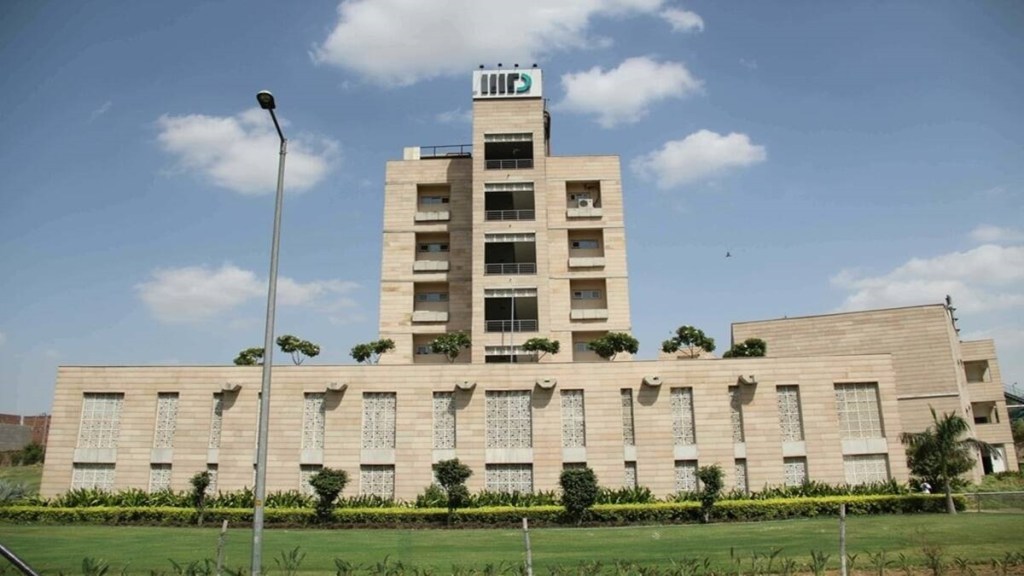The Indraprastha Institute of Information Technology Delhi (IIITD) has recently established the Centre of Excellence (CoE) in Human-Centered Computing (HCC), in an effort to cater to the growing needs of human-centric solutions across different industries. The CoE is driven by professor Pushpendra Singh who believes research conducted at the centre will take the field of HCC forward and will also train and develop essential manpower. In a conversation with FinancialExpress online, Singh shared his viewpoints on the importance of human-centered computing and the role of CoE in developing HCC. (edited excerpts)
On human-centered computing in today’s scenario
Human-centered computing (HCC) combines human-centered design principles with the development of computing solutions. The aim is to create technology solutions that can put the user at the center of the design process. As computing solutions are increasingly becoming a part of normal day life, such as mobile payment applications or Arogya Setu app or other essential services like IRCTC (Indian Railway booking system), there is an increasing need of developing solutions that support the user without requiring them to learn the technology. For instance, during demonitisation, many low-literate people or people with low exposure to technology were not able to use mobile payment apps or net banking facilities.
On focus points for research at CoE
The research will tackle challenges faced by the Indian population because of their diversity in languages, culture, and social habits. Most of the current-day technology solutions have been developed in the West and then are imported. The research at CoE will help in creating knowledge and methods to develop technology solutions that will serve the needs of the diverse Indian population. The research will be in the domain of health, education, privacy and safety, and technologies related to smart cities and will also help in supporting the efforts towards sustainable development goals.
On the role of CoE
The CoE faculty will teach different courses related to HCC. The CoE will also organise workshops, conferences, and training courses to support education activities.
On the collaboration with the international DESINNO project
The CoE has been set up under the DESINNO project and has already been supported by establishing a state-of-the-art lab for design and innovation activities. The collaboration with European partners has been helping in conducting workshops to train manpower in India. In the future, the collaborating partners will continue to organise workshops, conferences, and other educational activities.
On the scope of HCC education in the future
Today, engaging with computing solutions is no longer optional. For example, during the lockdown, one could not move unless they had Arogya Setu installed on their mobile phone. Similarly, multiple government services are now exclusively offered online. Therefore there is a need to understand the fundamentals of ‘how to develop such systems, the HCC education will enable that. Going forward, technology, for example, Artificial Intelligence (AI), will only become more prominent and impact almost every aspect of life or essential services like health or education.


